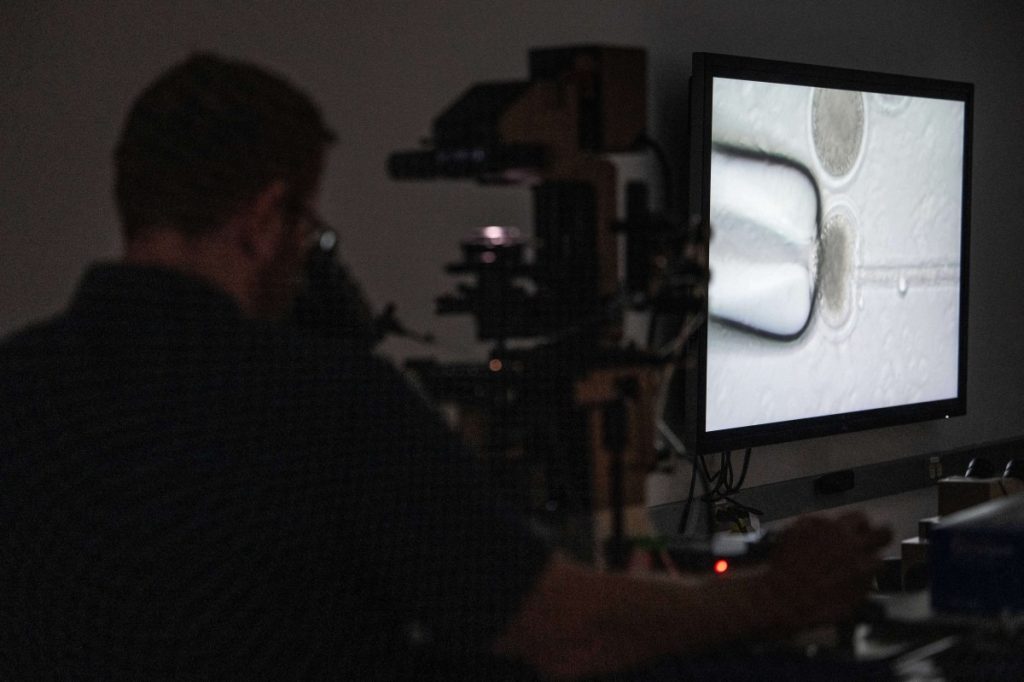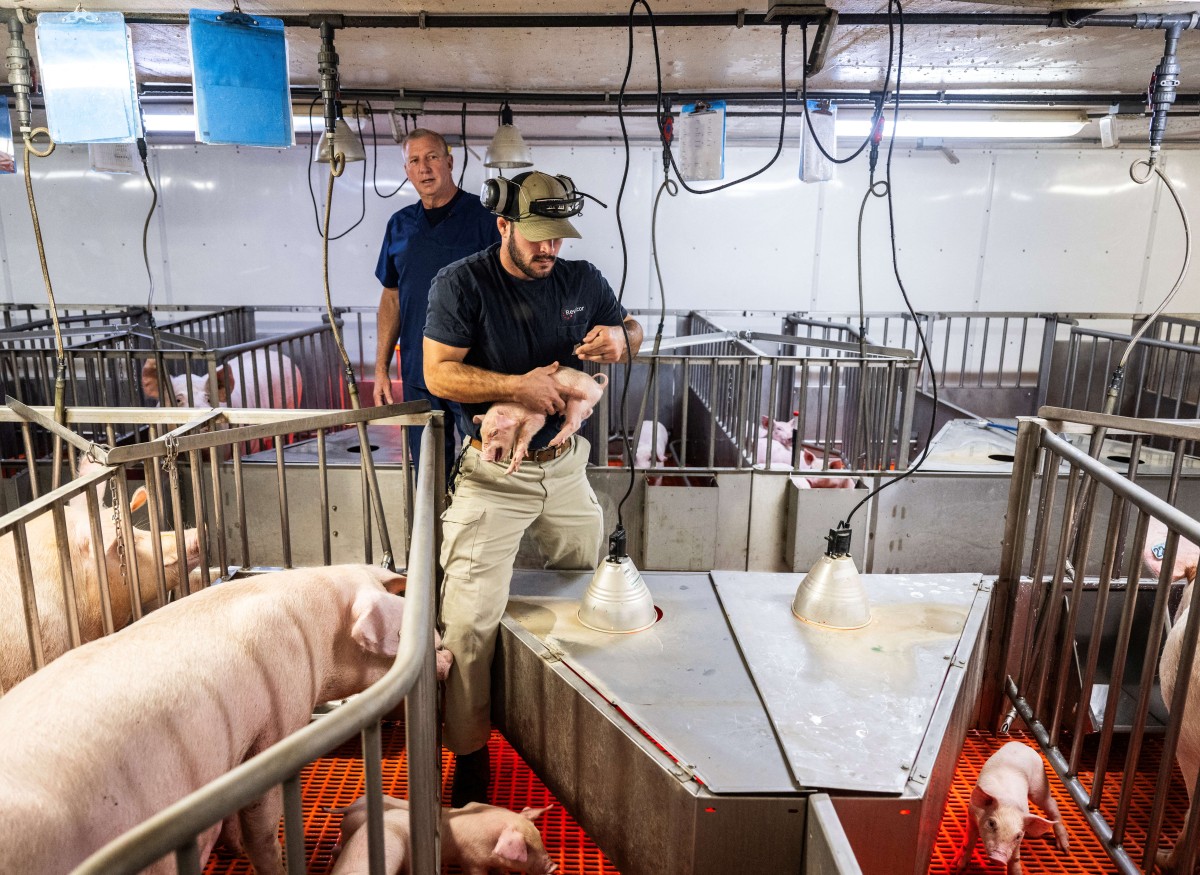Towana Looney gave her mother a kidney donation in 1999, but several years later, her remaining kidney failed due to complications from pregnancy.Â
Now 53 years old and residing in Alabama, she has recently become the first person living with an animal organ transplant, receiving a genetically modified pig kidney, as announced by a hospital in New York on Tuesday.
“It’s a miracle,” she said in a press release three weeks following the procedure conducted at NYU Langone.
The field of xenotransplantation, previously a challenging target for researchers, is experiencing a revival as advancements in gene editing and immune system management bring this before-unreachable goal closer to fruition.Â
Proponents are optimistic that this could help alleviate the organ donation crisis, with over 100,000 Americans currently on organ transplant lists, including more than 90,000 needing kidneys.
Since December 2016, Looney had been enduring dialysis for eight long years after her remaining kidney was damaged by high blood pressure stemming from a pregnancy condition.
While living donors are prioritised on waiting lists, finding a compatible match proved extremely difficult due to her unusually high levels of harmful antibodies, which heightened the risk of rejection. Additionally, her body gradually lost usable blood vessels for dialysis support, resulting in her becoming increasingly weak.
Looney’s surgery marks the third time a gene-edited pig kidney has been transplanted into a living human. The first recipient, Rick Slayman, 62, unfortunately passed away in May, just two months following his historic procedure at Massachusetts General Hospital.Â
The second recipient, Lisa Pisano, a grandmother, received her transplant at NYU Langone, accompanied by a heat pump. Although she initially showed improvement, she had to resume dialysis after 47 days and passed away in July.Â
Despite these setbacks, researchers remain hopeful as they continue to improve their methods, utilise enhanced gene-edited pig kidneys, and select patients with better overall health.Â

“Thanks to the kindness and selflessness of the participants in our research up to this point, advancing this next stage of xenotransplantation wouldn’t have been feasible,” stated Robert Montgomery, who supervised the seven-hour operation on November 25.
“Towana’s case serves as a precursor for possible clinical trials, under the oversight of the FDA, to evaluate the safety of these organs as a potential, sustainable source for those in need.”
This surgery marks the seventh instance of human xenotransplantation performed by Montgomery, who also conducted the first gene-edited pig-to-human organ transplant on a neurologically deceased patient on September 25, 2021.
Looney was released from the hospital on December 6 to an apartment in New York City, but NYU Langone said that due to her previous harmful antibodies, “she may need to receive inpatient medication periodically while her immune system adjusts to her new organ.” She is projected to return home in three months.


 Trending
Trending 